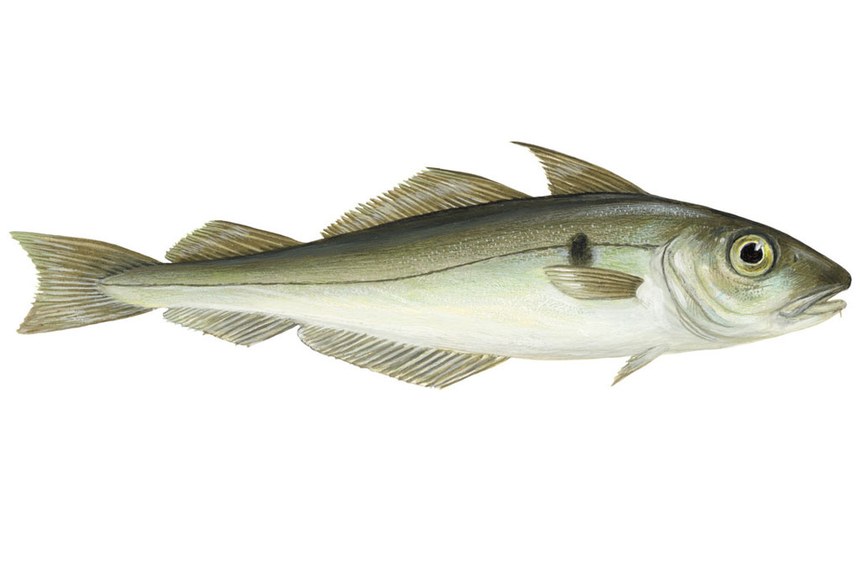Overview
Fisheries are composed of one or more parts, each of which is entitled to receive an MSC certificate. These parts or “units” are defined by their target stock(s), fishing gear type(s) and if relevant vessel type(s), and the fishing fleets or groups of vessels.
Attention
Some or all units that participated in this fishery are now covered by another assessment. Please see the Barents Sea cod, haddock and saithe for more information.
Catch by Species
| Species | Reported Catch Year | Metric Tonnes |
|---|---|---|
| Haddock (Melanogrammus aeglefinus) | 2019 | 6,777 |
| Atlantic cod (Gadus morhua) | 2019 | 31,126 |
| Saithe(=Pollock) (Pollachius virens) | 2019 | 3,000 |
Information is provided by an independent Conformity Assessment Body as live weight (the weight of species at the time of catch, before processing) and where a fishing season covers multiple years, the end year is given as the reported catch year. Additional information is available in the latest report, see the assessments page.
About this Fishery
Certified in 2014, this fishery targets the Atlantic cod and Atlantic haddock, both of which have populations in the Barents and Norwegian seas that are discreet enough to be considered and managed as a separate North East Arctic stock. Cod in these seas become mature at between five and ten years old, which is two to three years later than populations further south in the North Sea.
The fleet in this fishery is currently made up of three vessels, mainly using bottom trawls. The haddock is effectively a bycatch of the larger cod fishery, although in abundant years there are some directed trawls and longlines targeting haddock specifically.
A raft of enforcement measures exist to protect the stock and ensure sustainability for the future, covering both Norwegian and Russian EEZs in the fishery. These include minimum landing size (40cm), minimum mesh size for trawls (130mm) and Danish seines, maximum bycatch of undersized fish and non-target species, flexible area closures when large numbers of juveniles occur, and other seasonal and area closures.
Atlantic haddock (Melangrammus aeglefinus) image © Scandinavian Fishing Year Book
Market Information
In 2013, 5,141.5 tonnes of cod and 1,317.4 tonnes of haddock were caught in the fishery. The main commercial markets are Norway, China, the UK, Holland, Poland, Canada, the USA, France, Germany, Spain, Portugal and Iceland.
